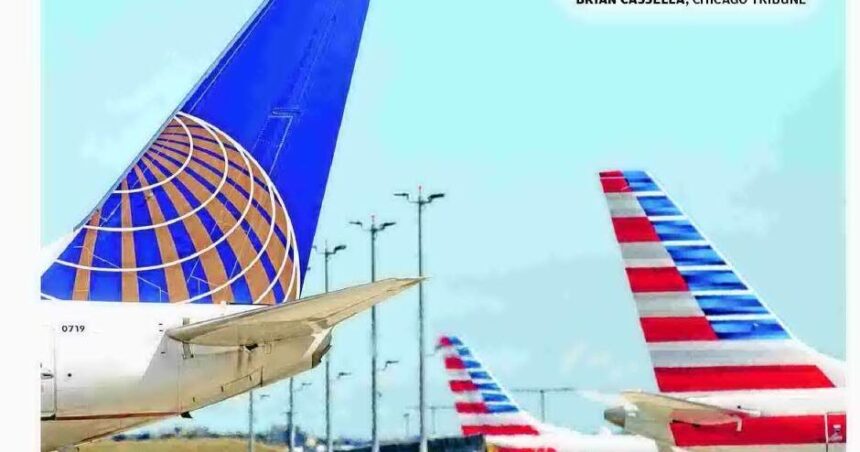Delays are bound to happen when you travel by air. However, the way airlines address delays can vary based on various factors such as the reason for the delay, the city, and even the passenger’s frequent flier status. In Europe, passengers are entitled to cash compensation for delays and cancellations under the consumer protection laws of the European Union.
In the United States, there is no standard requirement for airlines to provide compensation to passengers in case of delays or cancellations. Each airline decides on how to assist affected passengers in what they term “irregular operations,” under the oversight of the Department of Transportation.
Most U.S. airlines do not offer cash compensation for delays, and instead may provide travel credits or cover expenses for lengthy delays within their control. However, the criteria for such assistance vary between airlines.
People are also reading…
Airlines generally do not provide vouchers or reimburse expenses for delays caused by factors outside their control, such as weather conditions or air traffic control issues. However, controllable delays, such as crew scheduling or maintenance issues, may qualify for assistance from the airline.
Passengers can inquire with the airline regarding the reason for a delay, as some carriers may provide information through their app or website. Knowing the reason for the delay can help passengers understand their options for assistance.
If a significant delay occurs and passengers require vouchers for meals or accommodations, they should check the airline’s Customer Service Commitment for guidelines on when vouchers are issued. In some cases, airlines may automatically send vouchers for eligible delays, while other times passengers may need to request accommodation.
Airlines may also reimburse “reasonable” expenses incurred during a delay, such as meals and lodging. Passengers can submit receipts post-travel for reimbursement, if vouchers are not provided.
It is important to use clear language when communicating with airline staff to ensure efficient and effective assistance. Understanding the difference between a refund and reimbursement can also help passengers navigate compensation options.





